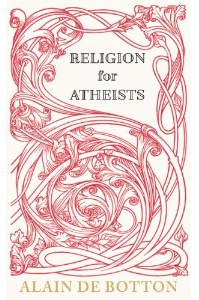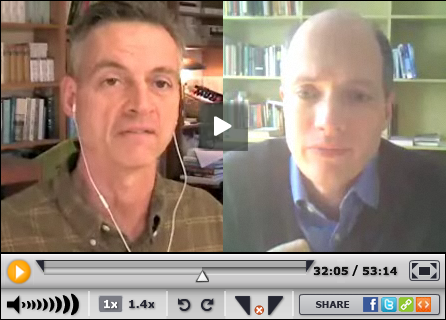Religion for Atheists
[It’s that time again. That time when I rummage through my unfinished posts folder and decide which one’s would be better out than in and which belong in the digital toilet bowl. This one from March 2012 (barely) made the cut. 3 others weren’t so lucky. Two more (Run Silent, Run Deep and Confessions of a Comic Sans Lover) get to remain in limbo for a little while longer before the reaper calls again or my muse returns whichever comes first.
I still haven’t read the book but it’s waiting on my Kindle.]
I love reviewing books before I have read them then cycling back afterwards to see how completely I got the book wrong. In a sense, my pre-reading review is purer; unsullied by actual knowledge of what the book is about.
The blurb on Alain de Botton’s website says:
What if religions are neither all true or all nonsense? The boring debate between fundamentalist believers and non-believers is finally moved on by Alain’s inspiring new book, which boldly argues that the supernatural claims of religion are of course entirely false – and yet that religions still have some very important things to teach the secular world.
Religion for Atheists suggests that rather than mocking religions, agnostics and atheists should instead steal from them – because they’re packed with good ideas on how we might live and arrange our societies.
My initial expectation was that de Botton was proposing a project similar to my own campaign for ceremonial deism but, actually, as I learned from watch Bob Wright interview him on bloggingheads.tv, he is proposing something far more profound.
I have written many times about my reverence for the Church of England and how I wish we could keep the rituals, the traditions and the trappings while just quietly assuming that the myths, though stirring and deeply meaningful as they often are, are not actually true. de Botton covers all that (I’m guessing) and funerals but tackles a lot of other areas where there is a religion-shaped hole in modern, secular society.
I found one idea particularly intriguing. When you go to church, they have sermons that are explicitly about virtue. While morality tales abound in cinema and books and, I assume, modern kids get to discuss ethics in the context of a novel or poetry, there is no context outside of a church where someone sits you down and says here are some important moral principles and you should follow them.
Now clearly, religion’s choice of topics, especially in 21st century America, does not entirely match my own. I expect that’s a big part of the problem. When Santorum talks about morality and virtue, he is talking about abstinence and contraception and gay marriage and other evils of the modern world.
[I’m sure the next paragraph would have been profound but, sadly, I forgot what I was going to write.]


